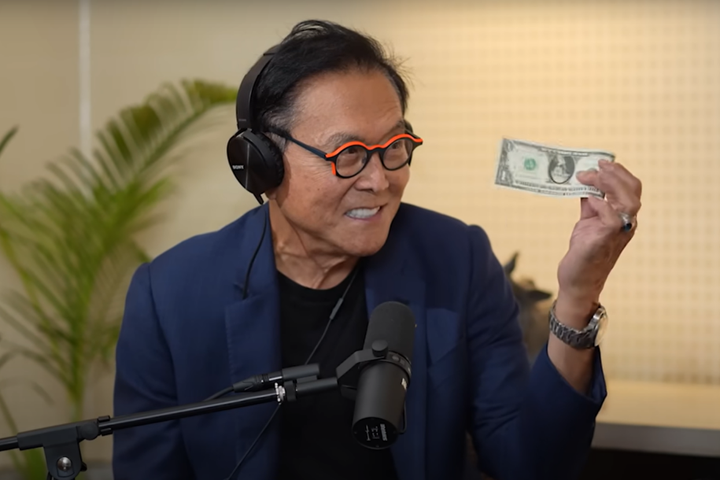Benzinga and Yahoo Finance LLC may receive commissions or revenue from some items linked below.
The American Dream of Homeownership
For generations, owning a home has been touted as a fundamental aspect of the American dream. Many financial experts echo the sentiment that homeownership is where we build roots, raise families, and invest in what is often our biggest asset.
Challenging the Conventional Wisdom
However, Robert Kiyosaki, the author of “Rich Dad Poor Dad,” presents a stark perspective: your house is not actually your asset. In fact, according to him, you don’t truly own it.
Kiyosaki’s Take on Homeownership
In a Facebook post from 2021, Kiyosaki stated, “Your house is not your asset. You never own your house; the government does. You’ll be paying them property tax forever.” This assertion may seem controversial, yet Kiyosaki’s reasoning prompts a deeper evaluation.
Understanding the Cost of Homeownership
His argument centers on the idea that if an expense consistently drains your finances rather than generating income, it cannot be classified as an asset. Homeownership comes with numerous ongoing costs, including mortgage payments, repairs, maintenance, utilities, and crucially, property taxes. Even after paying off your mortgage and holding the title, these taxes linger.
The Impact of Property Taxes
Property taxes are imposed by local authorities and are based on the assessed value of your home. These taxes play a vital role in financing schools, infrastructure, and emergency services but also represent an ongoing financial obligation. Failure to pay property taxes can carry serious consequences, including liens on your property, and in severe cases, the loss of your home to recovery actions.
A Reality Check
Kiyosaki’s perspective resonates deeply, revealing that while you may technically own your home, the government retains a perpetual financial claim on it. This realization can be daunting for many homeowners.
Exceptions to the Rule
It’s important to note that there are exceptions. Some states provide tax breaks or exemptions for seniors, veterans, or disabled individuals. Additionally, certain states have homestead protections that can limit annual increases in property taxes. Nonetheless, for the majority, these taxes continue to be a considerable and lasting expense.


